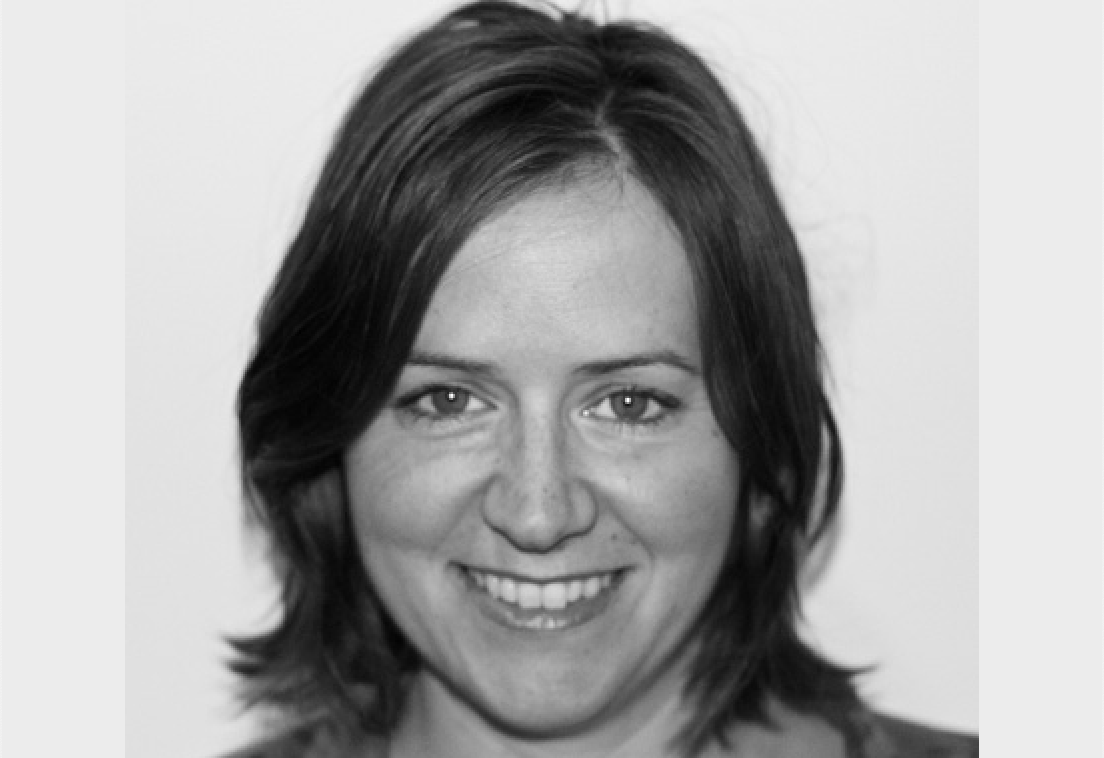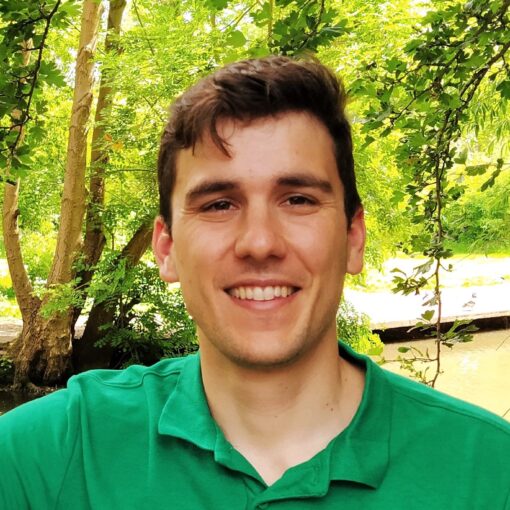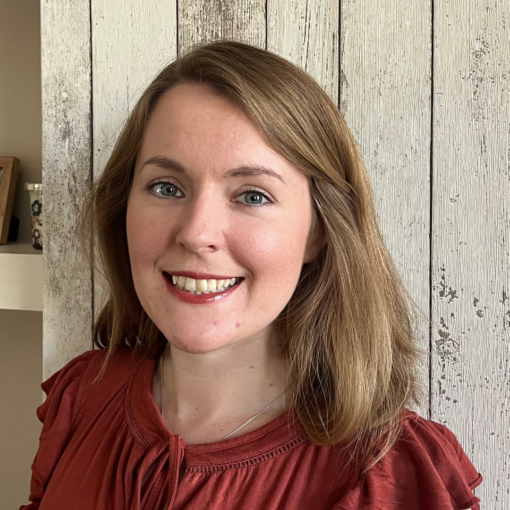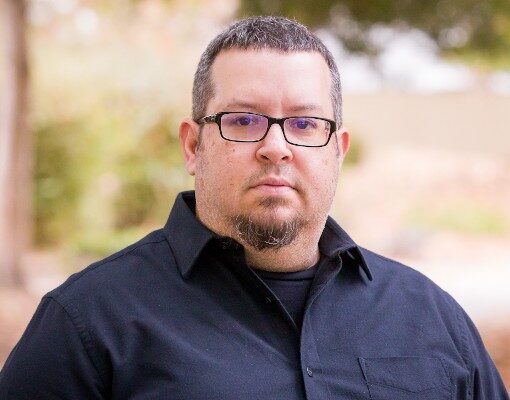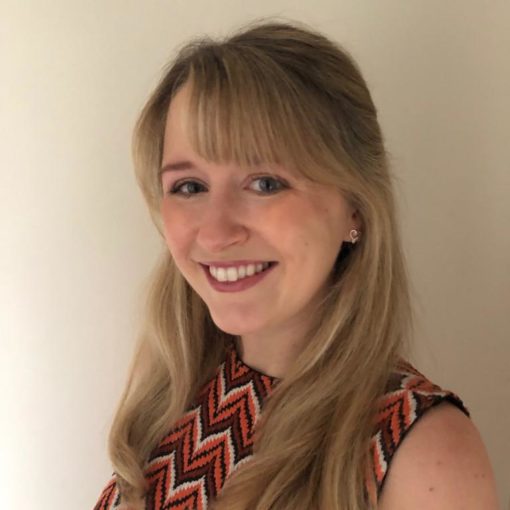PhD in Primatology, Max Planck Institute of Evolutionary Anthropology, Germany (2012)
| Senior Research Lead Sustainable Agriculture | |
|---|---|
| Earthwatch Europe | |
Year entered into a non-academic position: 2012
Job highlight: Reaching a much wider audience than the research community, involvement in a much broader array of topics with wider environmental impact and being involved in much more applied research.
My research training set me up to be … an effective critical thinker who can effectively take scientific research and translate it into a format appropriate and engaging for a wide array of different audiences.
Left academia after: PhD
What’s your background?
I received a BA degree in Anthropology from Durham University (UK); and a PhD (Magna Cum Laude) in Biology from the Max Planck Institute for Evolutionary Anthropology, Department of Primatology, Faculty of Biosciences, Leipzig (Germany).
I began my career as a primatologist, researching the feeding ecology and habitat use of chimpanzees and gorillas in Gabon, Central Africa – it initially started by volunteering for 6 months on a wildlife rehabilitation project in the Republic of Congo.
After my PhD, I began working as a consultant for various environmental charities and research institutes, working extensively on exploring the drivers of bushmeat hunting in Africa and Asia. This led me to observe how wildlife conservation fits into the wider picture of global issues like climate change, food systems, security and public health, and how the food we produce and eat lies at the heart of so many environmental challenges and solutions.
As a result, my research focus has shifted towards sustainable agriculture, and the role of food systems in ensuring we remain within the safe operating limits of our planetary boundaries. At Earthwatch, I work with farmers to develop farmer-led monitoring, and to act as a convener between farmers, businesses and policy makers to drive forward the sustainable agriculture agenda.
Why did you move away from academia?
I felt like the longer I stayed in academia, the more focused I became on a very small part of a larger issue. I wanted to have a greater impact and be involved in much more applied research and action. I also felt like the academic approach to research and communication was quite narrow and dry, and heavily reliant on p-values, and I wanted the increased freedom and creativity that comes from working for non-academic organisations that also incorporate qualitative thinking into their work.
Is there anything you miss about academia?
Not especially, perhaps the reputation of being affiliated to a University, and the benefits that brings.
How did you get this job? Did you face any challenges when considering a move away from academia or applying for the role?
I didn’t face challenges, on the contrary I found my research background was transferable to many different roles, and that it gave me the opportunity to become involved in such a wide variety of research topics and environmental challenges – from bushmeat hunting to LGBT rights, from the impacts of extractive industry in Africa to the public health links of sustainable diets and the challenges of farming in the UK. Perhaps one area I needed to build my experience in was informal writing such as blogs, as well as communication and public outreach skills.
What motivated you to/why did you choose the sector you transitioned into?
As mentioned earlier, I wanted to have a greater impact and be involved in much more applied research and action. Given that my research in Gabon had a very strong conservation focus, I was naturally drawn to environmental NGOs since this is what got me involved in research in the first place.
Did you think you had the skills required for your current position before you started? Were you right?
I did and I was right.
How did your PhD prepare you for your current job? For example, what were the transferable skills that you developed during your PhD that are most relevant to your current job?
My PhD set me up to be an effective critical thinker who can effectively take scientific research and translate it into a format appropriate and engaging for a wide array of different audiences.
Being able to understand and interpret journal articles is a skill that is transferable to any role. Being able to research any topic is also a transferable skill. Also, the skills learned through planning a research protocol, methodology and analysis are also highly transferable to most project planning, and are a big advantage to avoid poor project implementation in any sector.
Did you have any preconceptions about your sector that proved to be wrong?
I was worried everyone working in the environmental sector might be extremely passionate about their jobs, but with little objectivity, and I was wrong about that.
Can you describe a typical week in your job?
My role combines research and management, so a typical week involves a variety of meetings. Some are just with the research team and thus very scientifically focused, others are with the wider programme team for sustainable agriculture and hence are much more focused on strategy and on defining potential collaborators and contributing to project ideas with the science. About 40% of my time will be spent researching and writing – often not for academic journals, but policy briefs, discussion papers, blogs etc. for different audiences.
What is the workplace culture like? Please include comments on work-life balance, flexibility, remote working?
The workplace culture is incredibly open and supportive, and quite different to my experience of academia, which often felt quite competitive and un-collaborative. Earthwatch is quite unusual for an NGO in its approach to ensuring a good work-life balance. There is a big focus on making sure people take lunch breaks, get outside, and do not work overtime. There is also huge flexibility with both work hours and remote working, both to support childcare needs and also people living far away, sometimes abroad.
Do people with a PhD frequently get hired in the company/sector?
Yes, nearly everyone in our research team has a PhD, but more broadly in the organization there are plenty without a research background.
What are your favourite parts of your job?
Getting to work with such a diverse range of people, whilst still having a core team of scientific researchers around me for support and personal growth. Feeling like I’m doing something really impactful.
What are your reflections on your career path?
My career path seemed like it was very haphazard but actually all the things I have done are pretty interlinked, and have significantly added to my skills set and adaptability, and the things that I can bring to a role, even if at the time I couldn’t see how they could be relevant / useful in the future.
Do you have any advice for current graduate students and postdocs considering a career outside of academia?
Don’t be fearful of it, and also don’t feel like the academic door will “close” on you if you step outside to do something else for a while.
What do you know now that you wish you’d known when exploring a transition?
Not sure?!
Can you recommend any relevant resources, organisations or events that might help somebody new to the sector find out more about it?
For jobs “environment jobs” is a great resource https://www.environmentjob.co.uk/jobs .

